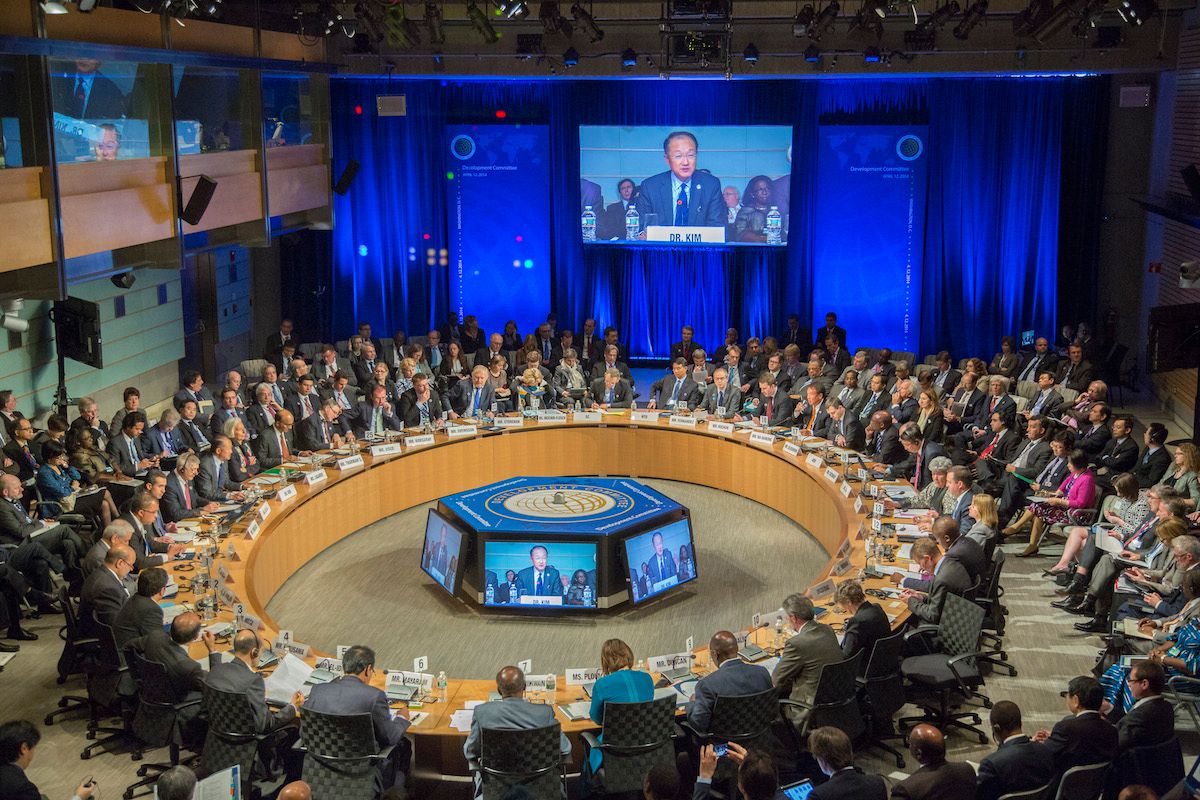
One of the on-going projects I am investigating is the use of rankings in society. Rankings are seemingly everywhere -- from college admissions to our workplaces to politics -- and yet, only limited research has been done so far to truly investigate how these rankings are constructed, how they affect the behavior of their subjects, and how they are ultimately used in practice.
In almost all contexts, an objective ranking does not exist. As part of any process of reducing the complexity of life to a number, there has to be prioritization and summarization of data to create the linearity required for a ranking. Thus, we can see in college rankings different motivations behind their constructions. Should high expenses per student be used to show deep resources, or should resources be compared to student outcomes to highlight universities that are most efficient in teaching their students?
Rankings are exciting to me not just because they are everywhere, but that they seemingly work. Publications have long ago figured out that rankings attract huge numbers of readers and viewers, and organizations from lobbying shops to the World Bank now use rankings to push for changes by simply publishing some numbers. To me, few actions seem to have more power than compiling these lists.
This is certainly the case with law schools, which Wendy Espeland and Michael Sauder have investigated extensively in a series of papers. [1] In their research, they show that law schools resisted the initial publishing of rankings for many years, but over time, their effects were imbued into the daily actions of the faculty and staff at these schools. These days, nothing can be done without some reference to US News and what it might do to the rankings.
I am excited by the publication of a new book on the topic called "The Quiet Power of Indicators," which was published last month by Cambridge University Press. The book is mostly a vehicle to explore a lot of different types of rankings, such as those from Freedom House and the World Bank. I am hoping to read it in the next few days before I have to give it back to the library.
I'll publish some more thoughts on this as I read, but I think that no matter who we are, academic or professional, it is worth thinking through how rankings affect our work, and the assumptions that lie behind them.
[1] Sauder, M, and W N Espeland. “The Discipline of Rankings: Tight Coupling and Organizational Change.” American Sociological Review 74, no. 1 (February 1, 2009): 63–82. doi:10.1177/000312240907400104.
Image by World Bank used under Creative Commons.